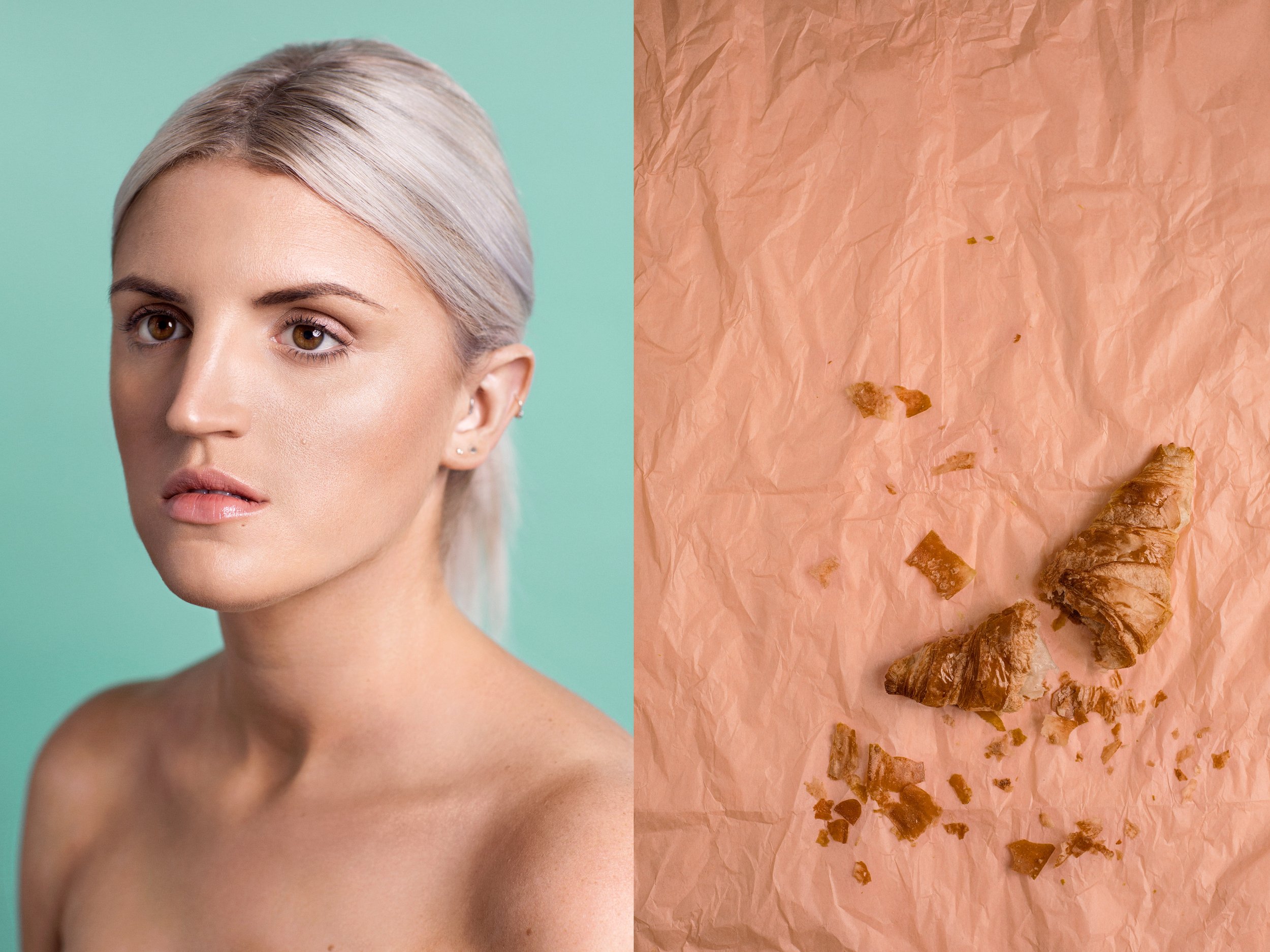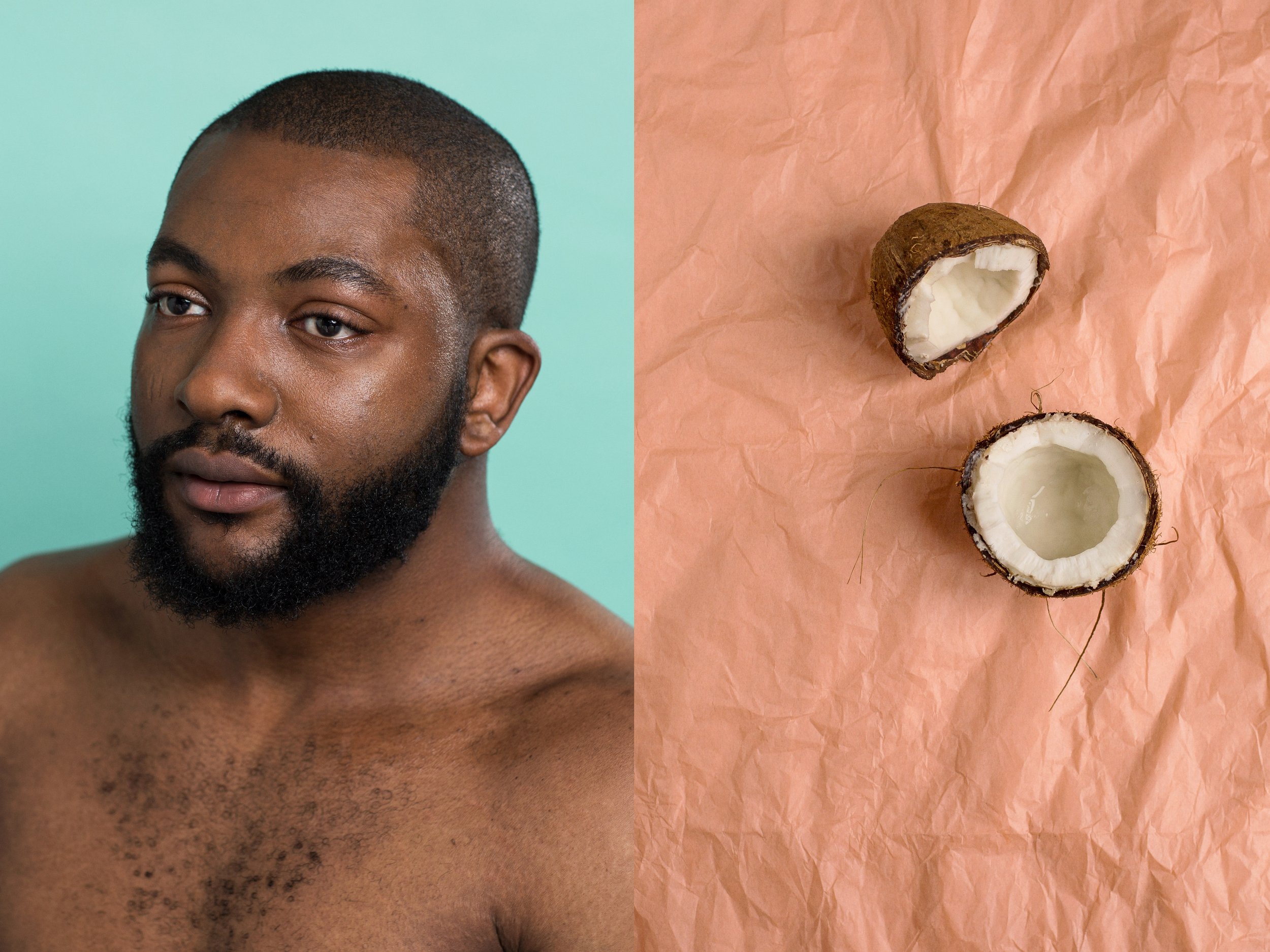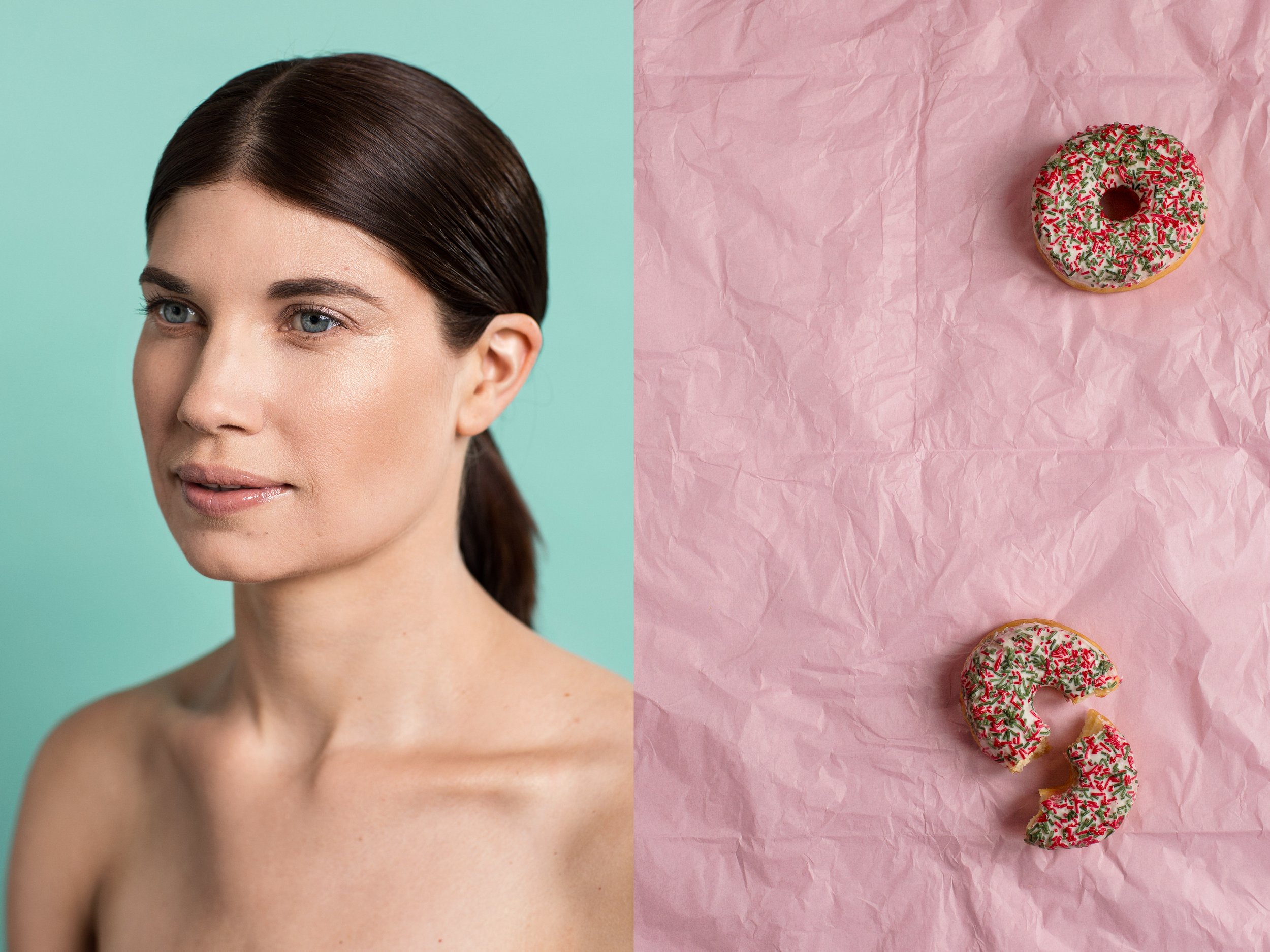The Order of Glorious Motherhood
Mongolia is the most sparsely populated country in the world, with less than two inhabitants per sq.km - Livestock outnumber people by roughly 20 to 1.
According to the Food and Agriculture Organisation of the United Nations, there are currently (2024) around 3.2million inhabitants - still making it the emptiest country on the planet.
People are so scarce that the Mongolian Government has been paying couples to procreate and honour women with medals for having large families. In stark contrast to neighbouring China’s former one-child policy, Mongolia is still trying to boost numbers with incentives that were introduced in the 1950s.
Motherhood is seen as the ‘patriotic duty’ of every Mongolian woman. Four children bring mothers the honour (+ medal) of ‘Second Order of Glorious Motherhood’, 6 kids the highest honour of ‘First Order of Glorious Motherhood’
Mongolia’s extreme & harsh climate conditions create barriers to its economic and population growth. There is very little arable land, huge areas covered by Steppes, with long cold winters in the soaring mountains and burning summers in the deserts. The effects of climate change will no doubt exacerbate these extremes, making life particularly challenging for nomadic inhabitants.
According to figures from the UN: ‘Mongolia has recorded an increase in temperature of 2.14℃ between 1940 and 2008 and this has resulted in an increase in grassland aridity, lowering the production of biomass, increased incidence of pasture insects and rodents, drying of many rivers, lakes and ponds and shifting precipitation patterns. In the coldest months of December to February, some areas drop to temperatures of -50ᵒC.’

DUGERJAV, 68 - 8 CHILDREN, 22 GRANDCHILDREN / A family portrait in 1961 when Dugerjav (far left) was 11 years old

KHISHIGDORJ, 73 - 9 CHILDREN, 48 GRANDCHILDREN / Livestock outnumber people by 20 to 1

MAINZAV, 80 12 CHILDREN, 31 GRANDCHILDREN / Animal skulls are offered to nature in the hope of reincarnation

KHISHIGDORJ, 73 9 CHILDREN, 48 GRANDCHILDREN / A white Khadag (piece of silk) is given to mothers as an offering to show appreciation and respect

BADAMJAV, 68 4 CHILDREN, 12 GRANDCHILDREN / Prized possessions: Four children bring mothers the honour (and a medal) of “Second Order of Glorious Motherhood” and six children the highest honour of “First Order of Glorious Motherhood”
CRAZY TALK: A visual exploration into the language of mental health
‘Crazy Talk’ looks at the language of mental health and explores how words such as ‘crazy’, ‘nuts’ and 'bananas' are casually used to describe mental health issues - the aim of the project is to highlight the taboos, stigmas and lazily used slang that we can be guilty of reaching for.
A portrait sits next to a food/still life object depicting the words, connotations and stigmas the subjects have experienced - alongside deeply personal stories.
The 10 subjects in this project have a history of mental health problems and bravely share their stories. There’s Alex, for example, who suffers with anxiety and panic attacks who was called “nuts” by an ex-boyfriend. When Jade took a day off work with depression, her employer insisted she tell colleagues she had a stomach bug instead of a mental health problem, lest people got “the wrong idea” about her. This reinforced a feeling she often experiences, like she is “hiding a bad secret and always walking on eggshells”.
One in four people will experience a mental health problem at some point in their lives. According to the World Health Organization 350 million people worldwide suffer from depression and rates of self-harm in the UK are the highest in Europe.
Nine out of 10 people with mental health conditions say the stigma has a negative impact on their life.
Would it be crazy to think we could change these attitudes?

Alex, 24, Nuts "In relationships I’ve always been labelled intense because I over analyse things, constantly worrying about all possible outcomes. I used to always feel like I needed other people’s approval to feel okay or that I deserved to be here. I have very physical side effects to being anxious: vomiting, panic attacks, excessive tearfulness and suicidal thoughts. Anxiety and depression cloud your judgments by playing on your insecurities and the corresponding paranoia can mean you end up being largely misunderstood. Being labeled a drama queen throughout my life has always made me worse, because it makes me hyper-aware of my behaviour. When I’m ill my head feels like the atoms in water boiling in a kettle, bounding off each other at a thousand miles an hour. These bubbling thoughts are all me second-guessing myself - comparing yourself to others all the time when you feel like you don’t belong."

Ama, 26, Empty “I’d do anything to not feel empty. People think I’m a bad person – but I’m not in control of my behaviour. A lot of people don’t know how to react to my big personality and they just think I’m a nuisance. Coming from a broken home, abandonment issues and abuse are common factors among people who suffer with Borderline Personality Disorder. I can’t socially interact as I’m worried how people will react to me, which makes me paranoid. I’ve attempted suicide and have self harmed - but people say I’m just attention seeking. I first tried to kill myself when I was 9-years-old and have been in therapy ever since. Feeling the pain reminds me I’m alive. I disassociate myself from most situations, try to remove myself emotionally from reality – I’m never really in the room – I’m somewhere else without emotion to stop me freaking out.”

James, 28, Bananas “My problems have been trivialised a lot of the time by medical professionals who think that I’m bananas for making myself sick. I developed OCD and depression around the age of 14. I had missed nearly a year of school as a result of symptoms around cleanliness. My anxieties switched from obsessions and compulsions around appearance to weight and shape and I began to control what I was eating in order to influence this. Professional help seemed to focus on superficial symptoms of my condition rather than the underlying emotional distress and anxiety. I now see more and more images of the perfect male body in the media, which from my perspective has put pressure on me to live up to this ideal. It is something I associate with achievement, likability and success.”

Jade, 29, Broken “You feel you’re hiding a bad secret and always walking on eggshells. You get that pang of fear that the people you care for will find out. I’ve always felt larger than everyone else - surplus to requirement. These thoughts manifested themselves as bulimia, depression and anxiety six years ago after I went through a break-up. I blamed myself and the heartache turned into fierce self-hatred. I ended up in hospital. Only three people know what happened and even their knowledge makes me so ashamed. When I filled in a sick note after taking a day off work because of depression, my boss told me to change it. “Put that you had a stomach bug,” she said, “we don’t want people to get the wrong idea about you”. I can’t fully share how I feel even with those I’m closest to. This is the power of stigma.”

Suzanne, 29, Flaky “Depression is a flaw in chemistry not character, everyone just thought I was lazy. When I was about 15, I suddenly went into a depressive phase where I was constantly crying, my anxiety was dreadful and I suffered from severe insomnia. For me my depression and anxiety has been a constant presence in my life and has been something I’ve learnt to manage, but it has definitely held me back. It makes me incredibly tired, so I’d come home from school and just sleep, anywhere I could. It became a bit of a standing joke in the family. Everyone just took it for laziness and thought I was flaky. Sometimes it’s hard to separate your personality from your depression, both for yourself and for others around you, and it can make it difficult to figure out who you are.”

Laura, 24, Crackers “I had a broken relationship with my younger self. It started when I was 16. I received a few comments from men about how I had put on a bit of weight and so embarked on a diet completely uneducated about what one was. I found that controlling food quickly became an obsession. I lost most of my friends and spiralled into a depression. I would make myself sick everyday - my heart would hurt, my face would swell, my lips were cut, but all that didn’t matter, because I was skinny. With bulimia and binge eating, a lot of people can’t get their head around the concept of not being able to stop yourself from eating, they just think you’re crackers because food is food. I remember my Mum telling me once to ‘just stop it’, which made me even more embarrassed to tell anyone else.”

Eche, 27, Crazy as a Coconut “My erratic behaviour was seen to be aggressive and was certainly viewed as crazy. I had an episode of mania in the summer of 2015. My mood elevated and I was full of energy, less inhibited and made risky decisions because of skewed judgement. My speech was pressured and thoughts were racing. Substance misuse exacerbated the problem and perhaps triggered it. It seemingly occurred out of the blue with no family history of ill mental health. It resulted in me being sectioned for three weeks and diagnosed with Bipolar disorder. It’s been difficult to find a balance since then and the changes in mood can be debilitating. I’m still trying to undo some of the damage that was caused by the manic episode. Some people don’t consider it to be an illness and think that it can be overcome by digging deep and that everybody has ups and downs.”

Hope, 27, Jelly Brain “Anorexia is this constant battle in my head, this tormenting inescapable voice that most of the time I can fight, but at other times I wobble and lose all sense of control to fight her. I was sexually abused and had a messy family life. I hated feeling any sort of emotion - my parents used to stare at me and see this blank faceless girl staring back. As soon as emotion hit me I was afraid so I became best friends with anorexia. It gave me the feeling that I was winning at life again. I would eat to please my parents, then force myself to vomit. Then after hours of sitting on the floor cold and naked I would head to my room to exercise. It was those evenings that I wanted to just die. I couldn’t face getting up each day.”

Dave, 29, Fruitcake “The opposite of depression isn’t happiness, it’s energy. My quest to be healthy careered into an addiction. Anorexia became a coping mechanism, it was about control. I was always anxious, had no attention span and a terrible memory – not very helpful when you’re a stand-up comic. I was a wreck. I now have brittle bones, went through therapy and was diagnosed as severely clinically anorexic and suffer with depression. I’d been ill for seven long years before I got help. People assume it’s a ‘women’s issue’, which leads to men being under diagnosed. I was told I didn’t look anorexic, so they just assumed I was mad. Someone said to me: ‘I don’t think you’re really anorexic, I think you’re a white, middle class male who has so much unchecked privilege you have to dream things up to make you feel special’.”

Vicky, 35, Donut “You feel pretty worthless when you try to reach out and it is dismissed as attention seeking and not serious - that you’re just stupid. When I was about 13, I developed an eating disorder. I went from restricting to bingeing and purging, then self harming. I can’t really explain it - I just felt uncomfortable and afraid all the time. At work I’m afraid to show any emotion, in case anyone thinks I’m weak, that I can’t cope. When I was in my twenties I thought people would think I’m too old for an eating disorder and to be self harming. Now I’m in my thirties and I did not expect to be dealing with the same fears. I’m determined not to relapse but the stigma of being judged and the fear of losing my new job makes it harder to ask for help.”


